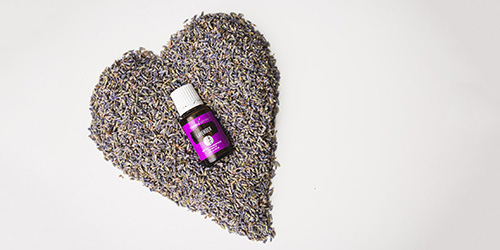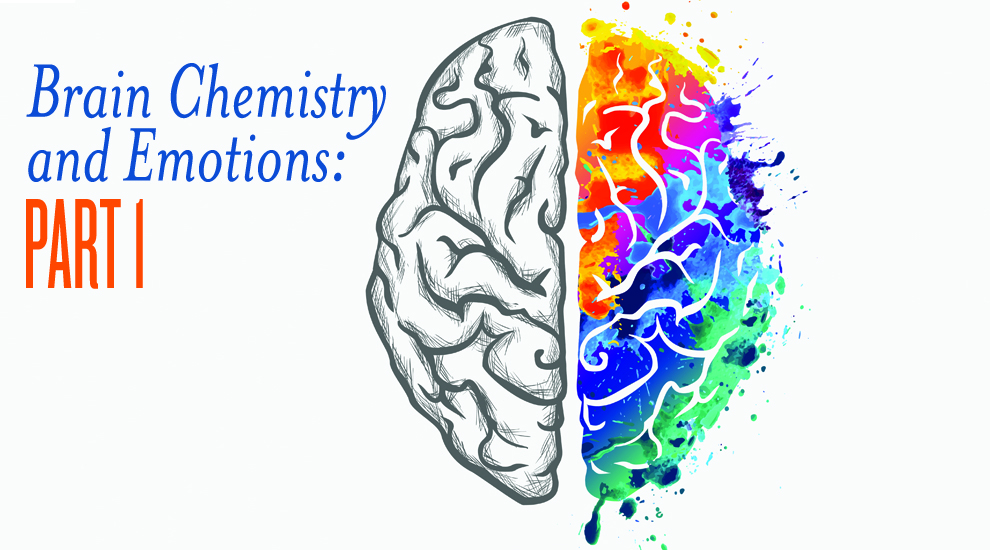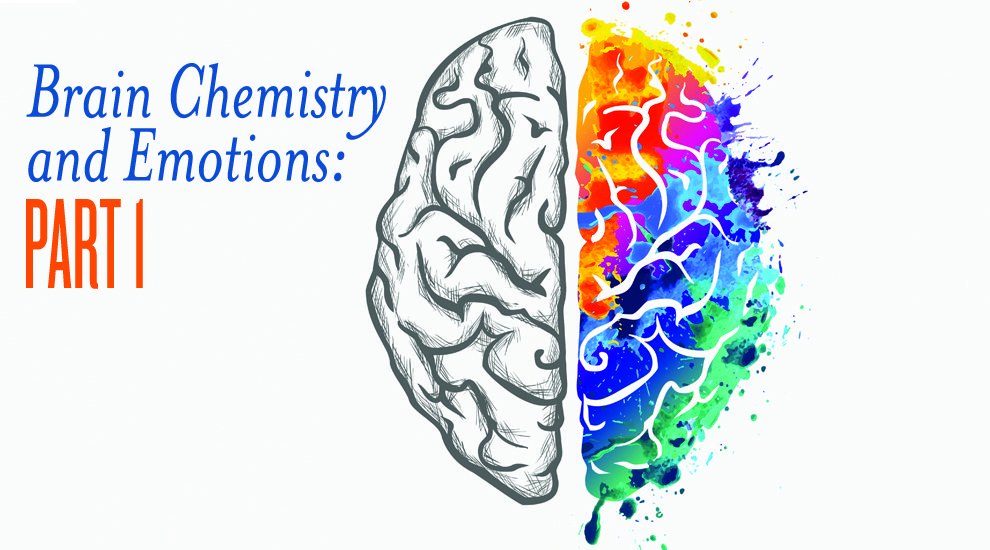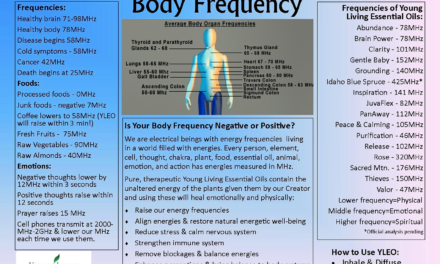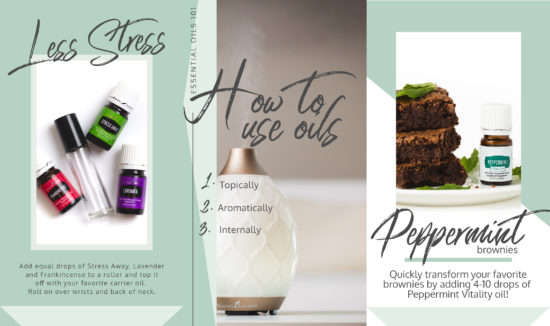BRAIN CHEMISTRY AND EMOTIONS: PART 1
0
BRAIN CHEMISTRY AND EMOTIONS: PART 1
The human brain is an extremely complex organ. It is composed of millions of special cells called neurons and is indispensably involved in controlling every process in your body. The brain exerts all this control using a sophisticated system involving chemical substances called neurotransmitters. These chemicals act as messengers, relaying information within the brain and to the target organs.
We remain oblivious to most of the intricate processes the brain performs that keep us healthy and alive. Almost anything that we experience, from senses to thoughts to emotions, are a direct result of chemical manipulation of the neurotransmitters in the brain. This is especially true in terms of brain chemistry and what causes us to experience emotions and feelings.
For the most part, we think that we are in control of our emotions. Whether it be elation, sadness, anxiety or depression, we feel that we can control these feelings relatively well. But the brain can be deceptive at times. A number of complex process of the brain can at times manipulate our emotions as well. Not only they are responsible for how we feel, but are also responsible in affecting our response to those emotions.
How does the brain perceives and processes emotions?
According to classical psychology, emotions are a combination of many things including feelings and the actions evoked by those feelings. Emotions do serve some important functions in our lives. For example, the emotion of fear is very important and results in a response in which a person actively fights the situation or flees the situation, i.e. fight or flight. Similarly, emotions of love are pivotal in reproduction.
Thus, the brain is constantly processing any information provided (called stimulus) and evokes an appropriate emotional response to it. For example, if you are walking alone in a dark alley, the brain perceives this stimulus and evokes the emotion of fear prompting you to run or stay focused. If you think from an evolutionary viewpoint, all the emotions and the actions they evoke are for either survival or procreation.
How does the brain control your mood?
As we saw earlier, the brain is made up of millions of specialized cells called the neurons. These cells process an astonishing amount of information every second. They communicate with each other and to other parts of the body using neurotransmitters.
There are many neurotransmitters that help in controlling and regulating the functions of the brain, but the most important ones contributing toward mood are norepinephrine, dopamine and serotonin.
Dopamine is released by neurons to relay the information pertinent to the emotion of pleasure and reward. For example, when you do something that you consider good, say working out for a full hour, the brain releases dopamine that gives you a feeling of pleasure. Similarly, eating great food or even drinking alcohol releases some dopamine in your brain making you ‘feel good’. Dopamine makes you want to do the actions that causes its release in the first place so that you can get more pleasure and feel happy.
Serotonin on the other hand is responsible for memory and the ability to learn new things. It also has been shown in research to help in the repair and in some cases even regeneration of injured and damaged neurons. Serotonin also plays a critical role in preventing depression and anxiety.
Norepinephrine is responsible to control the stress level and anxiety.
All these neurotransmitters are in a delicate balance in the brain. If for any reason, there is an imbalance in the levels of neurotransmitters, it affects the way you experience and act on emotions in a major way. For example, dopamine is responsible to give you a feeling of pleasure and happiness, a decline in dopamine levels in your brain will definitely make you less happy, may be even sad. Similarly, a lack of serotonin is responsible for depression. A number of clinical studies on people suffering from major depression has revealed that the neurons in their brain are less responsive to serotonin which results in depression.
Again these are just a few oils to try. What works for one may not work for another. And the brain is just one part of the puzzle.

